Description
Application Scenarios and Fields of Application: Plastic test tubes find extensive use in numerous laboratory applications, including:
Sample storage: They are commonly employed for storing liquid or solid samples, such as chemicals, biological specimens, DNA, RNA, and enzymes, at controlled temperatures.
Centrifugation: Test tubes are compatible with centrifuge machines, allowing for the separation and isolation of components within a sample through high-speed rotation.
Chemical reactions: They serve as reaction vessels for mixing, heating, and observing chemical reactions under controlled conditions.
Diagnostic testing: Plastic test tubes are utilized in medical and diagnostic laboratories for various tests, including blood, urine, or serology tests.
Research experiments: They are essential in scientific research involving sample preparation, analysis, and the study of the physical and chemical properties of substances.
Advantages: Plastic test tubes offer several advantages that make them a preferred choice in laboratory settings:
1. Versatility: Plastic test tubes can accommodate a wide range of sample types, sizes, and volumes, providing flexibility for different experimental needs.
2. Safety: The use of plastic materials ensures shatter resistance, reducing the risk of breakage and potential injury compared to glass test tubes.
3. Transparency: The clear plastic construction allows for easy visual inspection and observation of sample characteristics, color changes, or precipitation.
4. Cost-effective: Plastic test tubes are generally more affordable than glass alternatives, making them a practical choice for large-scale experiments or disposable applications.
5. Disposable and sterile options: Disposable plastic test tubes eliminate the need for extensive cleaning and sterilization, reducing the risk of sample contamination and saving time.
Investing in high-quality plastic test tubes is crucial for laboratory professionals and researchers to ensure reliable and accurate results. Consider factors such as material quality, compatibility with the intended applications, and compliance with safety standards when selecting the appropriate plastic test tubes for your laboratory needs
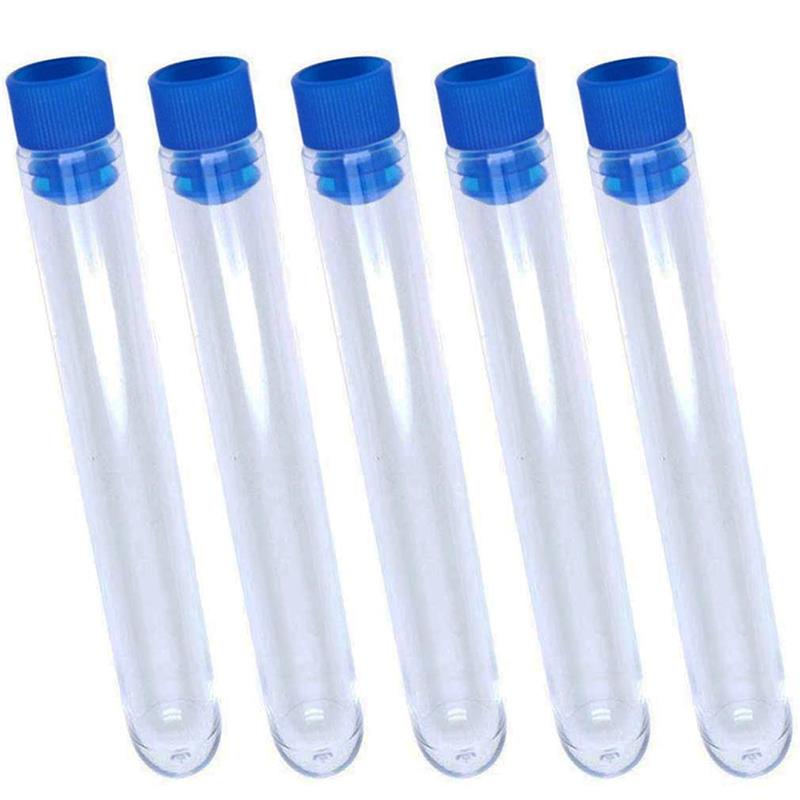
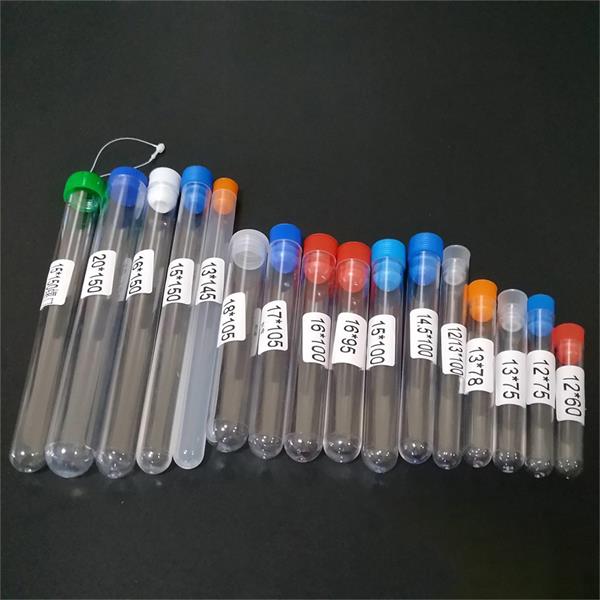
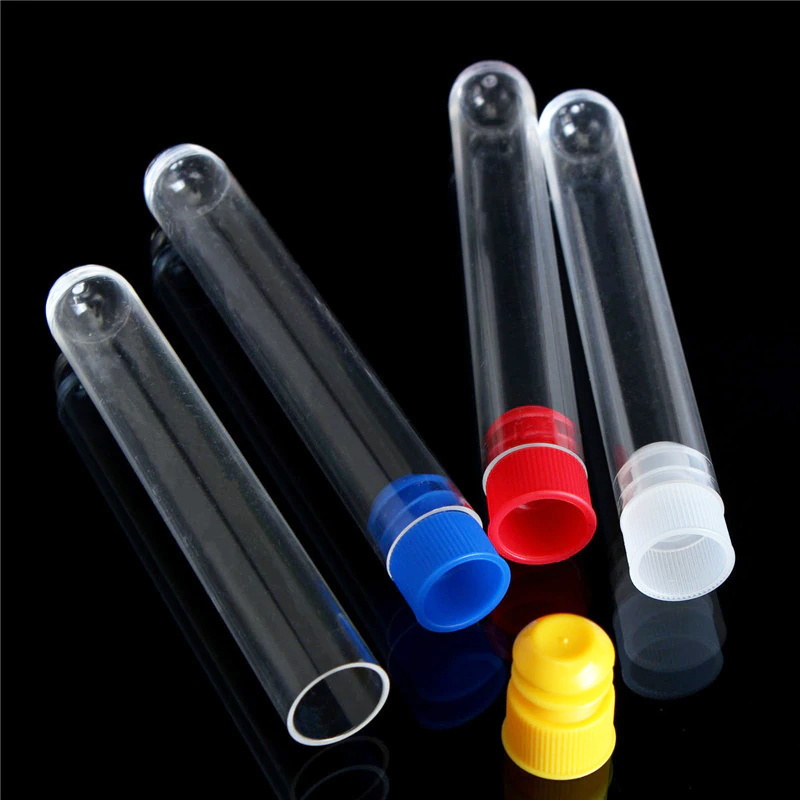
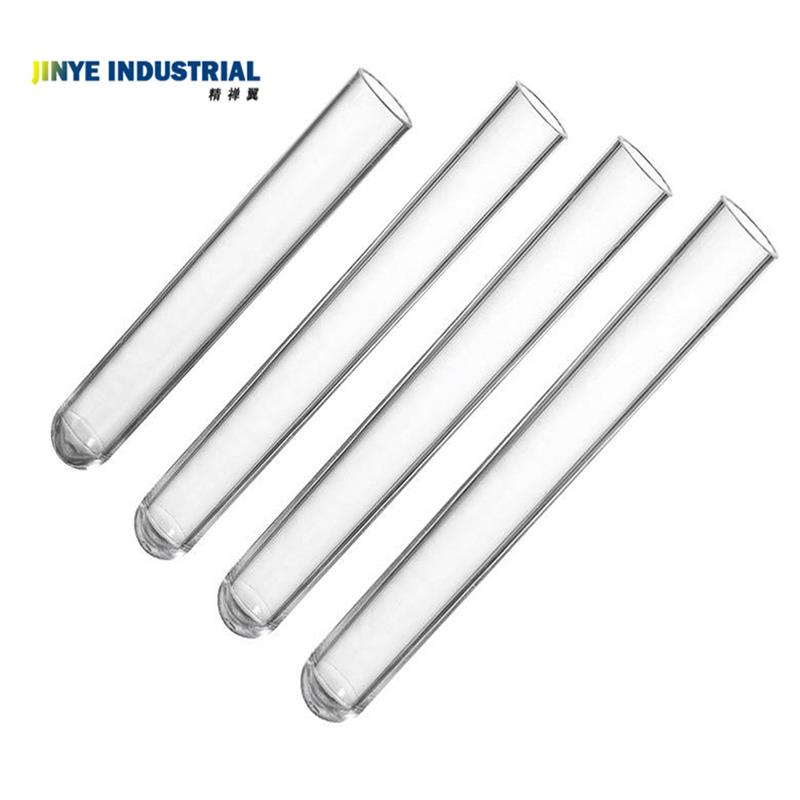
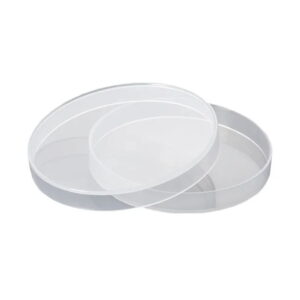
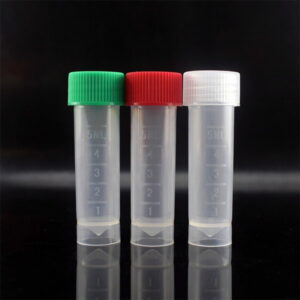
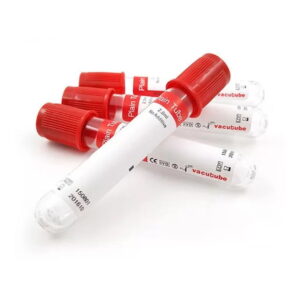
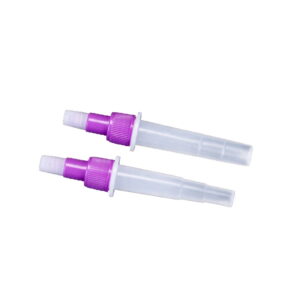

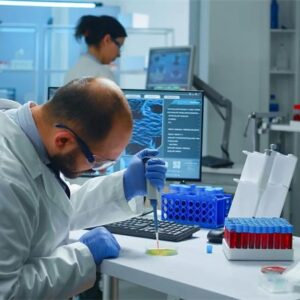


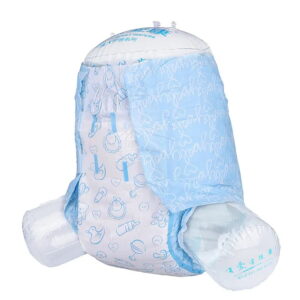
Reviews
There are no reviews yet.